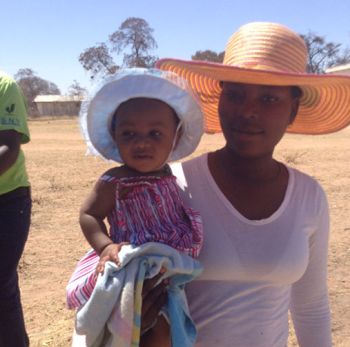A qualitative investigation of adolescent participation in Care Groups for improved maternal and child nutrition: experiences from rural Zimbabwe
Abstract
The Amalima program in Matabeleland North and Matabeleland South Provinces of Zimbabwe, an intervention funded by the United States Agency for International Development (USAID) Office of Food for Peace, promoted Care Groups from 2014-2020. Care Groups are community peer- to- peer support groups that provide a platform for promoting optimal nutrition and health for pregnant and lactating women, as well as children 6-23 months of age through training sessions run by community group leaders to promote recommended maternal, infant and young child nutrition practices. A qualitative study was conducted to describe adolescent mother inclusion and participation in Care Groups, highlighting key enablers and barriers for participation. A total of 28 in-depth interviews were conducted with adolescents in Care Groups, as well as adolescents not participating in Care Groups. Focus group discussions were also held with family members of adolescents. The key enablers for Care Group participation by adolescent mothers were found to include the motivation to learn how to take care of their children, the social and interactive benefits, family support, and positive facilitator attitudes. Key barriers to participation were workload and chores at home, lack of family support, and lack of adolescent-friendly approaches amongst facilitators. Key recommendations include training facilitators on adolescent-friendly approaches and group dynamics so they can better understand and relate to adolescents.

Authors retain all copyrights. In making a submission to World Nutrition, they are certifying that all material is theirs except quotations, as indicated, and that they have obtained permission for any photos, tables, or graphics taken from other publications or websites.




